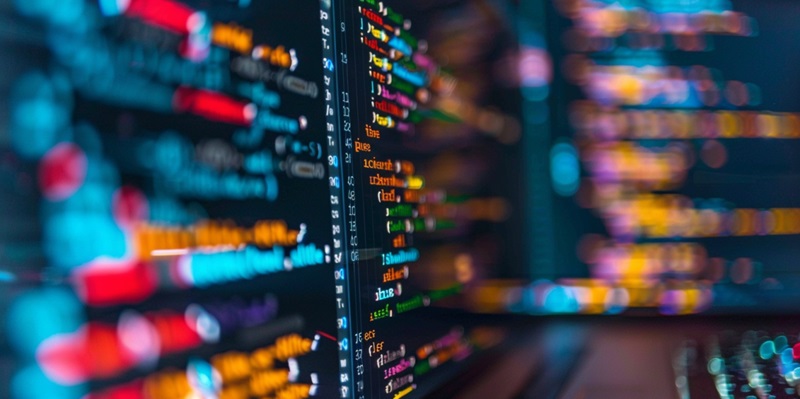As generative AI continues its inevitable march forward, individuals like Buildkite’s Keith Pitt—who once viewed this technology with skepticism—now recognize its transformative potential for coding. It’s an exciting yet cautionary tale, as developers find themselves balancing the thrill of innovation against concerns of skill atrophy and dependency on AI. The path ahead is clear: with careful integration, generative AI could herald a new era for software engineering, elevating it to new realms of creativity and problem-solving.
The End of Tedious Coding
Elevating Developer Focus
Developers are seeing a future where generative AI takes on the grunt work of syntax and formatting, freeing them to engage with more complex, strategic challenges. This shift promises a redefined field where creativity takes precedence over technical grunt work, allowing for a greater push towards innovation.
Framework Modernization
Generative AI is set to supercharge frameworks like Spring and Django, delivering productivity boosts previously unimagined. This new symbiotic relationship promises a future where developers can focus on project-specific features, keeping their work and tools sharp and relevant.
New Trends in Software Development
The Rise of the Generalist
As AI begins automating language-specific coding, the value of specialized knowledge may decline. Instead, the focus will tilt toward generalists with strong skills in creative problem solving, UX design, and strategic thinking, reflecting a broader industry trend that prioritizes human creativity over technical knowledge.
A Revolution in Software Testing
Software testing stands on the brink of a revolution, with AI-generated test scripts heralding a new age of DevOps. However, this AI-led approach may introduce new challenges related to test management and integration, demanding innovative solutions to maintain development momentum.
The Growth of Citizen Development
Empowering Non-Developers
Generative AI is set to blow the doors wide open on the low-code/no-code movement, enabling a broader demography of innovators to take part in software creation. This has the potential to truly democratize development, fostering unprecedented levels of diversity and creativity in the technological arena.
Potential Bottlenecks and Trust Issues
Despite its promise, generative AI faces challenges, such as potential workflow bottlenecks and trust issues stemming from the quality of the training data. These concerns highlight the need for a balanced approach to AI integration that respects the tool’s limitations while maximizing its benefits.
The Complementary Nature of AI in Development
Debating AI vs. Human Developers
While there are fears that AI may replace human developers, history suggests that technology more often augments human capabilities. Developers are likely to find their roles enhanced, focusing on the unique human insights and creativity that AI cannot replicate.
Developers’ Evolving Role
Keith Pitt urges developers to embrace, not resist, the AI wave. As some traditional coding practices age, developers’ roles will evolve, focusing more on the creative aspect of their work. With AI, developers have a chance to redefine their profession, aligning it closer with innovation and creativity.

